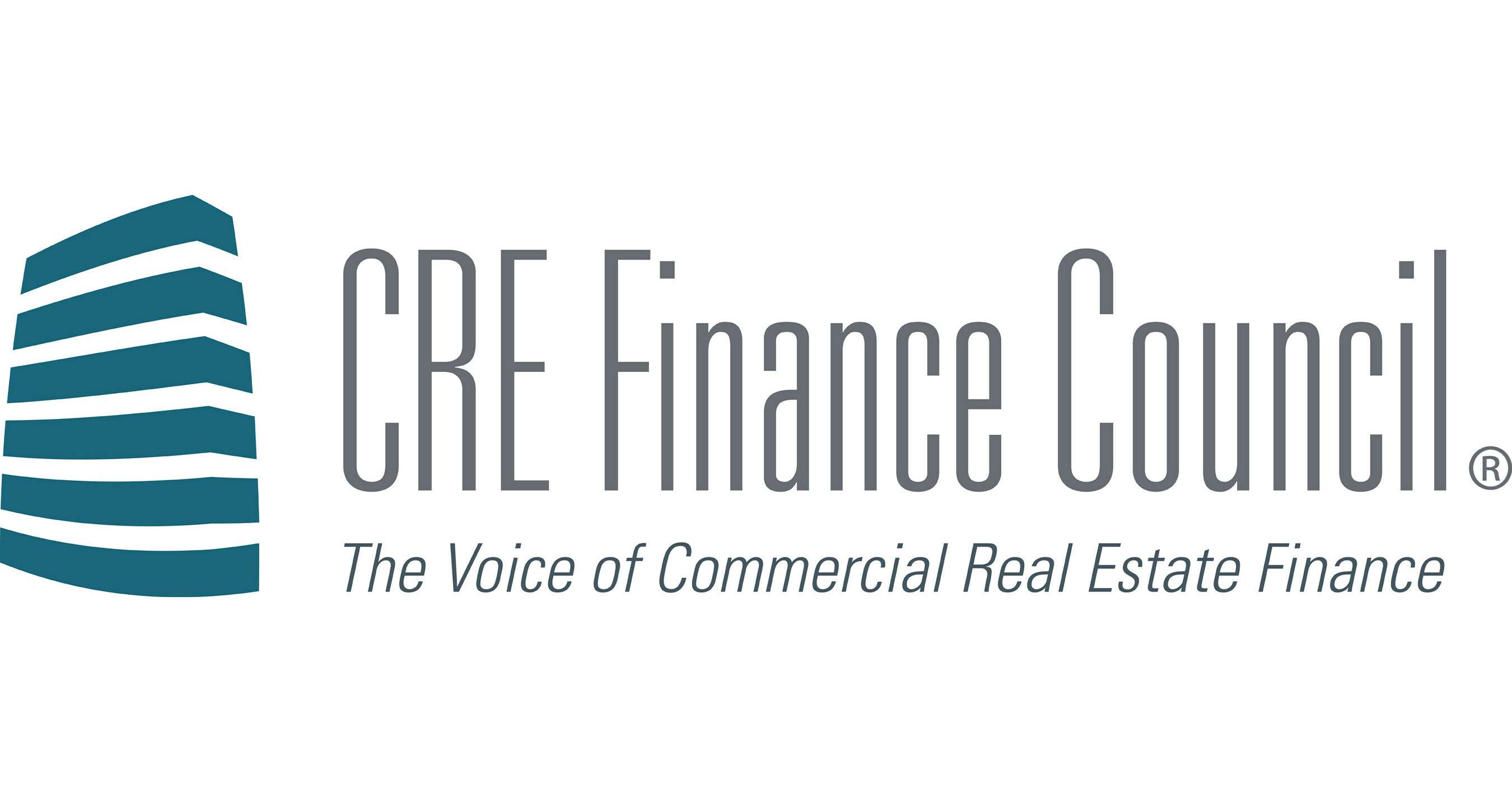T
his year's prolonged state budget negotiations left lawmakers with little time to pass bills before the end of the legislative session, a blessing for real estate. The industry often finds itself playing defense in Albany, where bills that harm property owners and developers outnumber those that help.
One bill landlords are trying to stop is the Rent Emergency Stabilization for Tenants Act (REST), which would allow localities to enact rent stabilization without showing a low vacancy rate. Introduced by Sen. Brian Kavanagh and Assembly member Sarahana Shrestha, the bill aims to address concerns about rigged surveys in cities like Kingston and Poughkeepsie.
However, critics argue that trusting local governments with rent control is misguided. New York's history shows that local decisions often prioritize short-term gains over long-term benefits, as seen in the case of Newburgh's "good cause eviction" law being thrown out due to state regulations.
Another bill facing opposition from business interests is an expansion of the prevailing wage for construction workers, which would raise costs for some affordable housing projects. Sponsored by Sen. Jessica Ramos and Assembly member Harry Bronson, the bill aims to reduce the public funding threshold for prevailing wage to 20 percent and eliminate an oversight board that found only six out of 36 reviewed projects required it.
Opponents argue that without oversight, prevailing wage would be improperly imposed on many projects, while proponents claim the high rejection rate proves the current system is ineffective. A statewide coalition has launched a campaign to defeat the measure, citing concerns about construction costs and job losses in New York.
In other news, a landlord shared a heartbreaking story of an 85-year-old tenant who can no longer access her fifth-floor unit due to mobility issues, highlighting the challenges faced by property owners in providing suitable housing for tenants.














